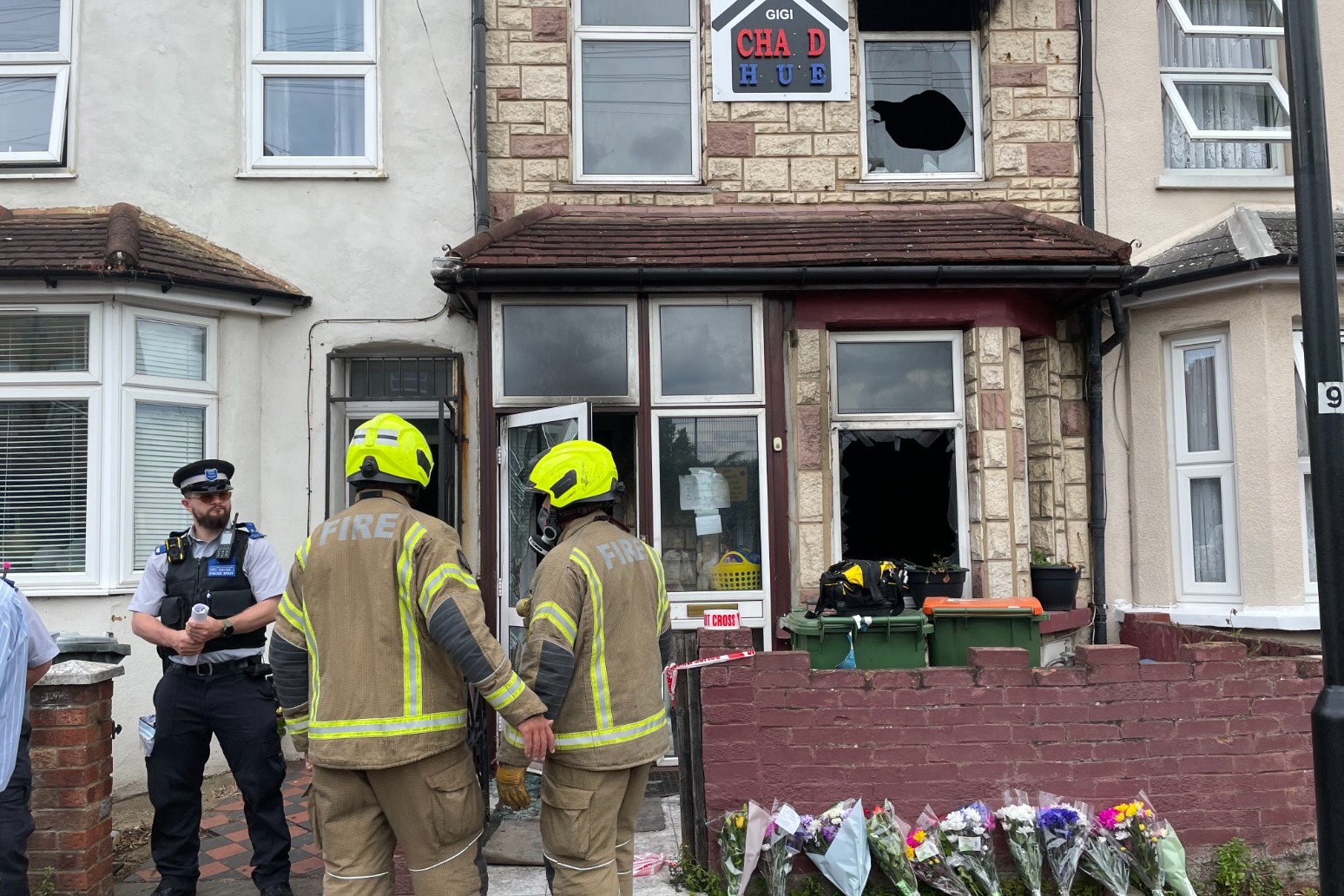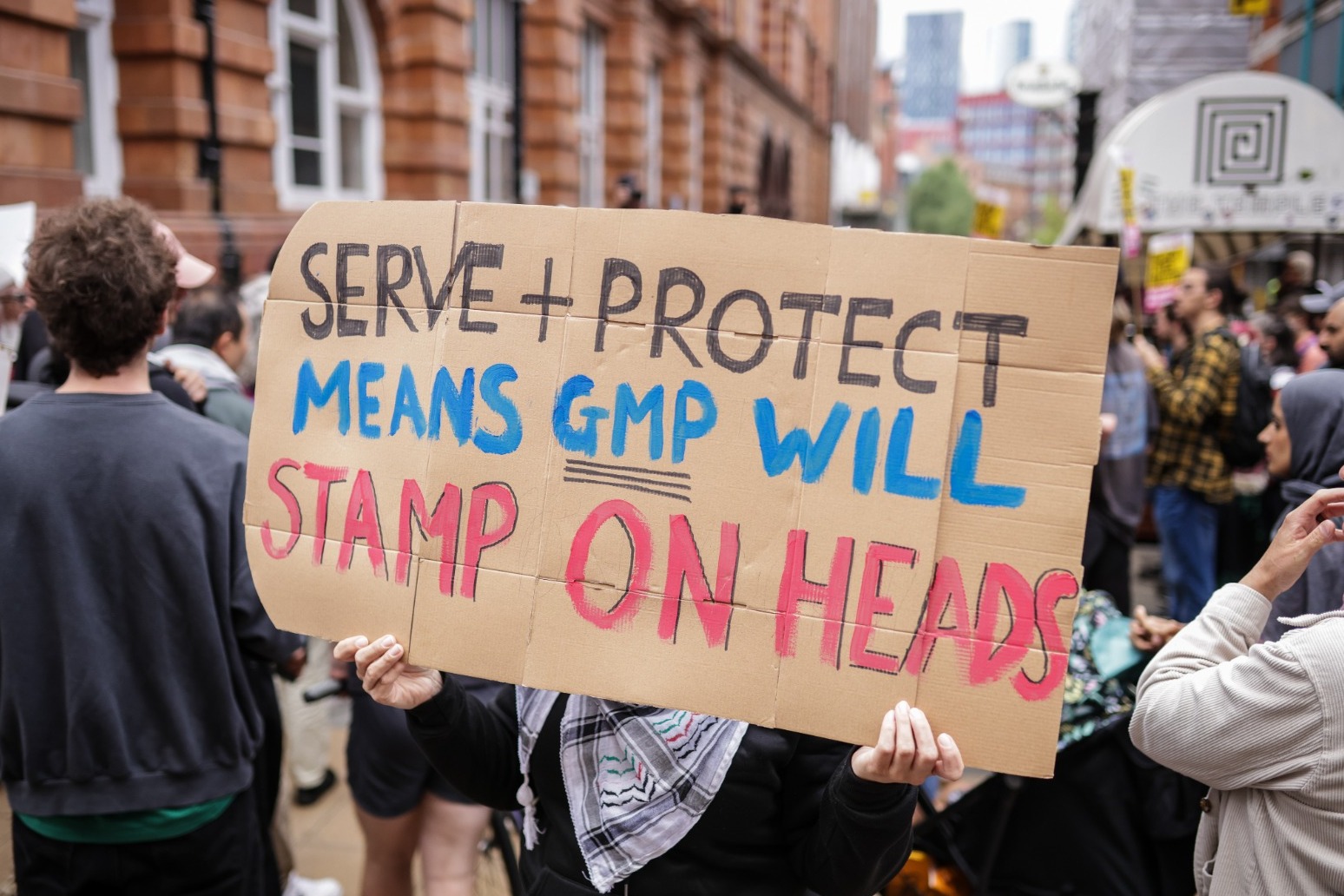
Cuts to “unnecessary red tape” will see the police spending less time recording rude but non-threatening messages and more time investigating crime on the streets, the Government has said.
The move is part of a wider set of rule changes to how forces record crime, aimed at freeing up police time.
Home Office minister Chris Philp said the department had listened to police forces and was making the changes so that officers can better focus on solving and preventing crime.
The National Police Chiefs’ Council (NPCC) said a review of productivity has found that 443,000 officer hours are spent filling in forms and dealing with unnecessary administrative tasks, equivalent to attending 220,000 domestic abuse incidents or 270,000 burglaries.
Mr Philp said: “Overall crime, excluding fraud and computer misuse, has halved since 2010, but we are determined to go further.
“Victims must always be at the centre of our response to crime. Listening to forces and cutting unnecessary red tape will mean police officers can focus on solving crime and delivering justice for victims, as well as preventing it from happening in the first place.
“We are confident that we will reach our target to have the most police officers in history. With less unnecessary admin, we want them to be our most effective police officers in history too.”
The Home Office said the changes will save police time by no longer recording cases of messages that might offend someone or where a public disturbance occurred but has been resolved. But this will require sign-off by a supervisor, such as a police sergeant.
The Home Office said officers should be on the streets investigating crimes such as burglary, rather than investigating comments made online.
And it said the police would be empowered to consider whether such issues should be dealt with by social media companies instead.
Another change to how crimes are recorded will see reported crimes for a single incident consistently recorded under the principal offence, rather than as multiple entries on a database that effectively re-records the same incident.
But the Home Office said police will continue to pursue all offences involved.
And it said another change would make it easier to cancel the recording of a crime where there is enough evidence that none was committed, which would also depend on appropriate sign-off.
The Government said the changes will come into effect in the coming weeks, and follow recommendations from review by the NPCC lead for crime data integrity, Chris Rowley.
Chair of the NPCC Gavin Stephenson said: “Police officers must be totally focused on keeping people safe and ensuring they feel safe.
“We want to provide the best possible policing to the public and the work of the police productivity review is aimed at removing barriers and improving effectiveness.
“The review has already identified that 443,000 officer hours are spent filling in forms and dealing with unnecessary administrative tasks.
“These equate to the equivalent of attendance at 220,000 domestic abuse incidents, 270,000 burglaries, or almost 740,000 antisocial behaviour incidents.
“Any move to free up our frontline to serve our communities is welcome.”
Chair of the Association of Police and Crime Commissioners Marc Jones said: “As the public’s representatives to policing we have long called for changes to the way crime is recorded, to ensure it is more transparent and less bureaucratic. We welcome these changes.”
Liberal Democrat home affairs spokesperson Alistair Carmichael MP said: “This announcement is simply too little, too late. People are losing confidence in the police because of Conservative mismanagement.”
He added: “The Conservatives are failing to tackle crime and people up and down the country know this announcement will make little difference to that.”
Published: by Radio NewsHub













